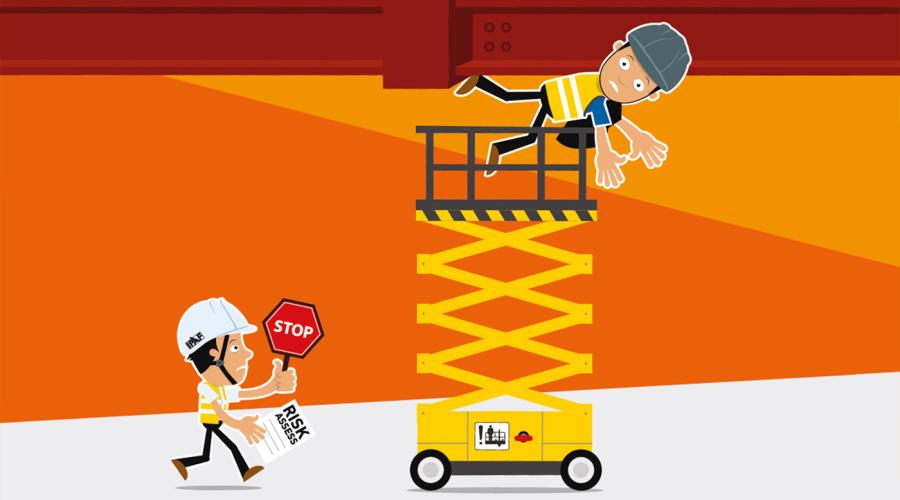IPAF’s eLearning helps unlock language options for MEWP trainees

Award-winning instruction and assessment in the safe and effective use of powered access equipment will soon be available to the widest possible range of operators and managers, as the International Powered Access Federation (IPAF) makes courses available in multiple languages across its global training center network.
Currently IPAF’s courses including the internationally-recognised PAL Card certification are available in 19 language variants, including Czech, French, German, Portuguese Spanish and Hindi. In 2018, all accredited training centers will be able to request to deliver IPAF courses in additional languages at no extra cost, meaning more trainees will be able to learn how to operate powered access equipment safely.
Thanks in part to IPAF’s eLearning covering an expanded range of languages, candidates will be able to take the theory portion of the PAL Card training in one of the nine languages currently available. If their chosen test center has a certified IPAF instructor able to deliver instruction and assessment in that language, they will also be able to take the practical element of the training in their preferred tongue, otherwise they will complete the practical portion in the Training Center’s default language. New language variants of the IPAF PAL Card and MEWPs for Managers training are also being developed and will be made available in 2018.
Giles Councell, Director of Operations for IPAF, comments: “Hopefully, this move to unlock all translated IPAF eLearning materials will help our global network of training centers to continue to develop and deliver IPAF-accredited courses in an even more convenient and cost-effective way to powered access operators and managers around the globe.”
Tim Whiteman, CEO and MD of IPAF, adds: “IPAF is active in growing markets across the Middle East, Africa and Asia; in these burgeoning economies there are often significant numbers of itinerant workers employed on impressive and complex projects. In the Middle East, for instance, many workers originate from India, while in the US there are large numbers of operatives from Latin America, so in the interests of safety and expediency IPAF’s training centers should be able to offer instruction and assessment in multiple languages to suit demand wherever possible.
“When you factor in countries such as Canada, Switzerland or Belgium with multiple official languages, then it makes sense that our training centers are able to offer IPAF courses in whichever combination of available translations they feel is appropriate.”
For more information as to how to deliver IPAF training in multiple languages, how to access IPAF training in your language or help finding an IPAF-accredited training center in your region, please email giles.councell@ipaf.org.

